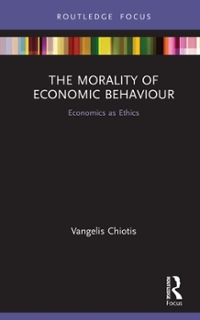Question
1.Suppose a household consists of two agents, indexed by i=1,2. Let each agent i have a utility function given by U_i(l_i, c) = ln(c) +
1.Suppose a household consists of two agents, indexed by i=1,2. Let each agent i have a utility function given by
U_i(l_i, c) = ln(c) + (1-)ln(l_i), i = 1, 2,
where is the preference parameter of each agent, l_i is i's leisure consumption, and c is the household consumption (as public good). The total amount of time available to each agent is 1, so the time constraint is given by 1 = l_i + h_i, where h_i is work hours for i. The wage rate of agent i is given by w_i. Non-labor income is Y = y1 +y2, with y_i denoting the non-labor income of agent i. Suppose also each agent behaves non-cooperatively.
Derive the optimal hour choice for agent 2.
If agent 2 works and agent 1 does not, what is the optimal labor hour for each agent?
Step by Step Solution
There are 3 Steps involved in it
Step: 1

Get Instant Access to Expert-Tailored Solutions
See step-by-step solutions with expert insights and AI powered tools for academic success
Step: 2

Step: 3

Ace Your Homework with AI
Get the answers you need in no time with our AI-driven, step-by-step assistance
Get Started


